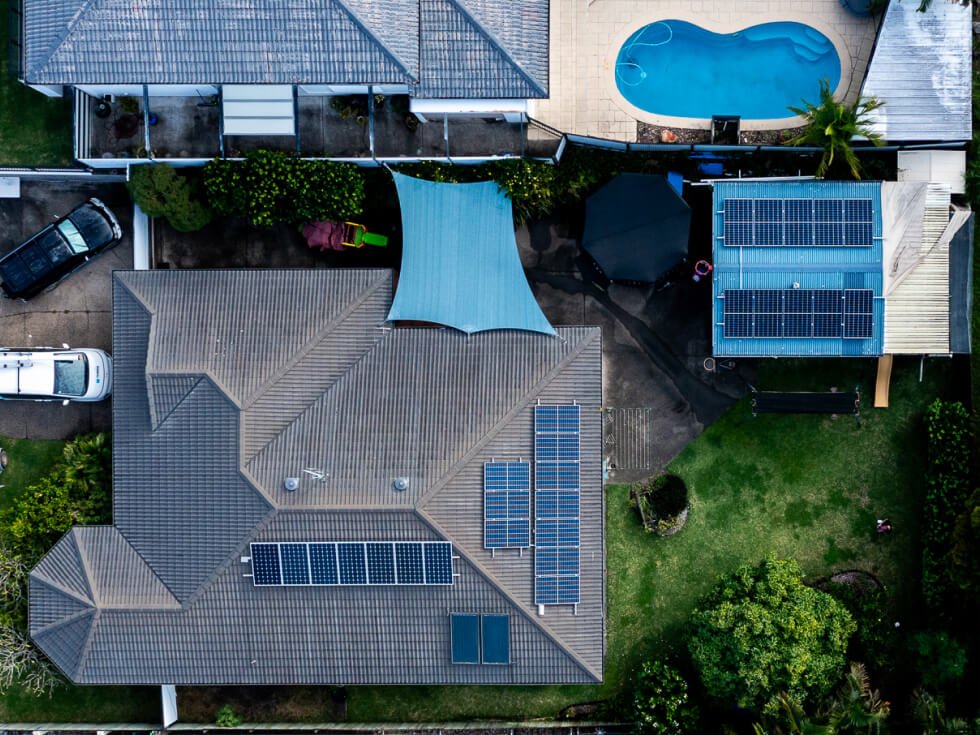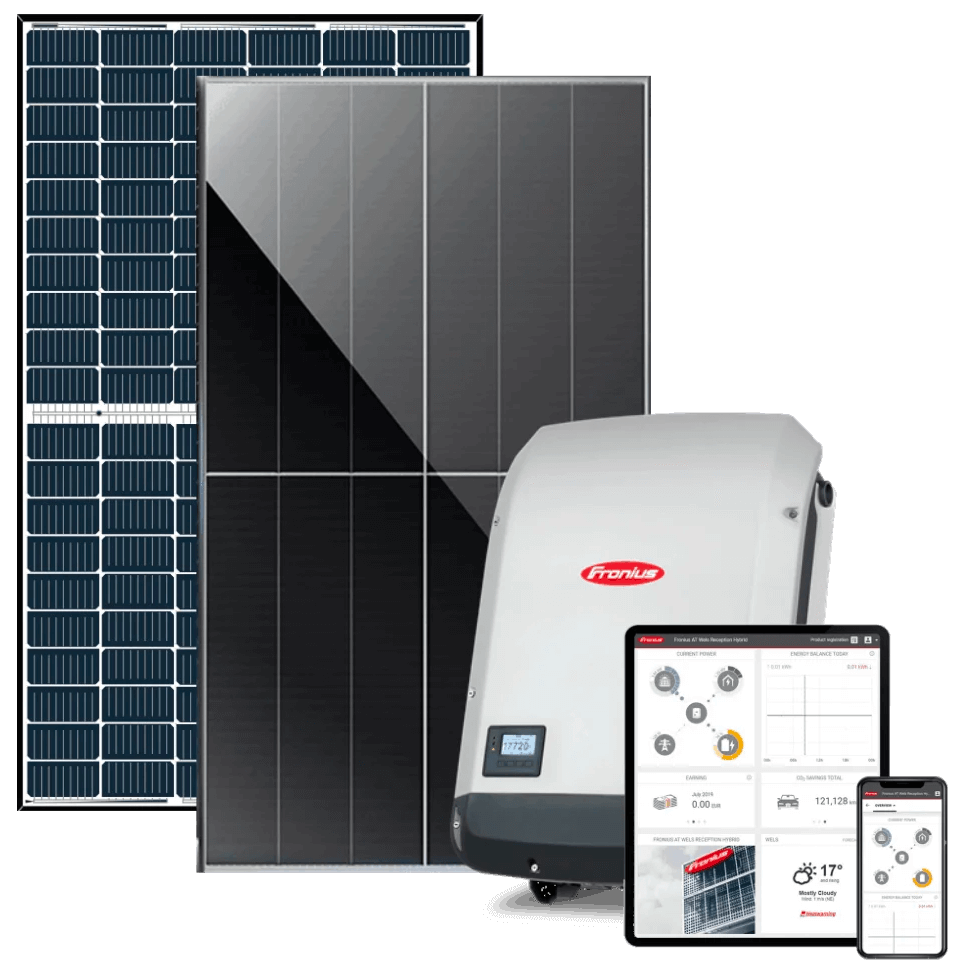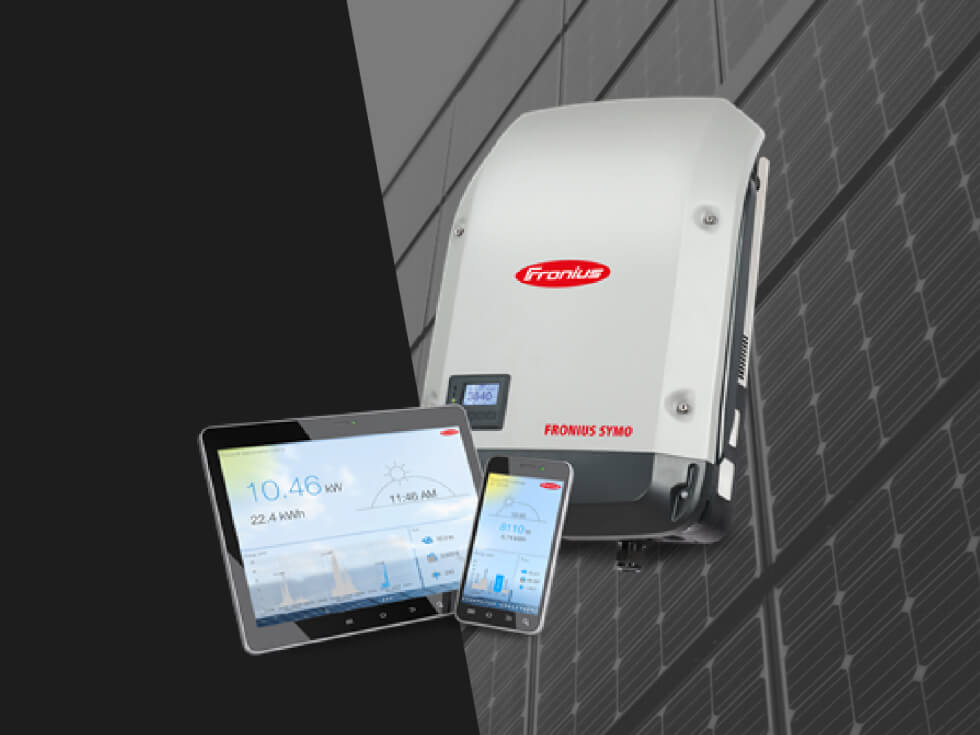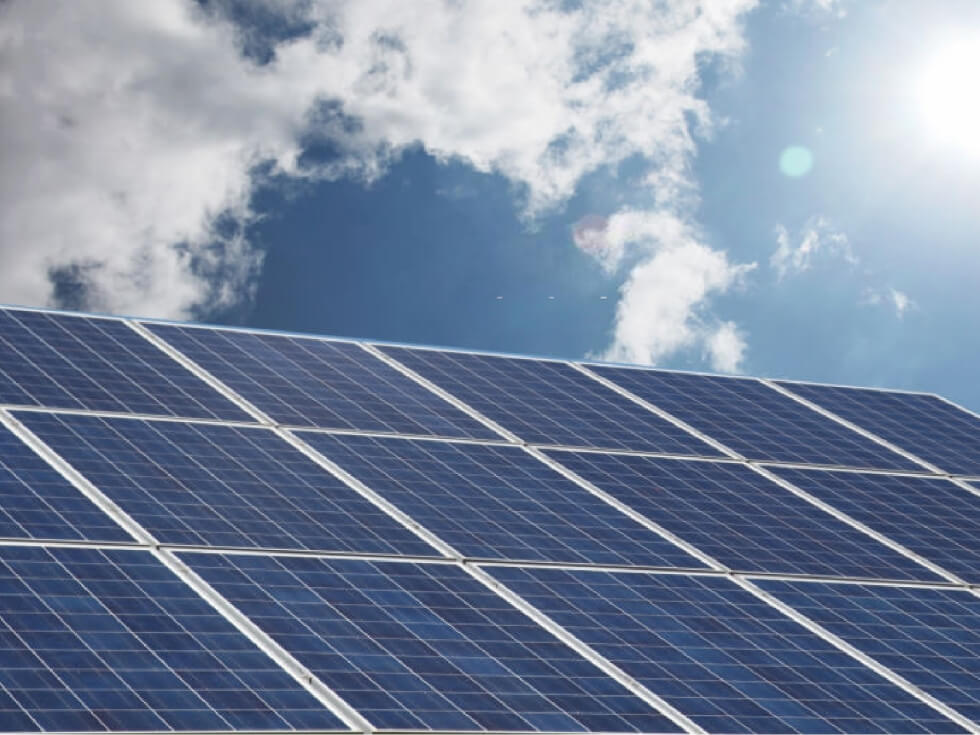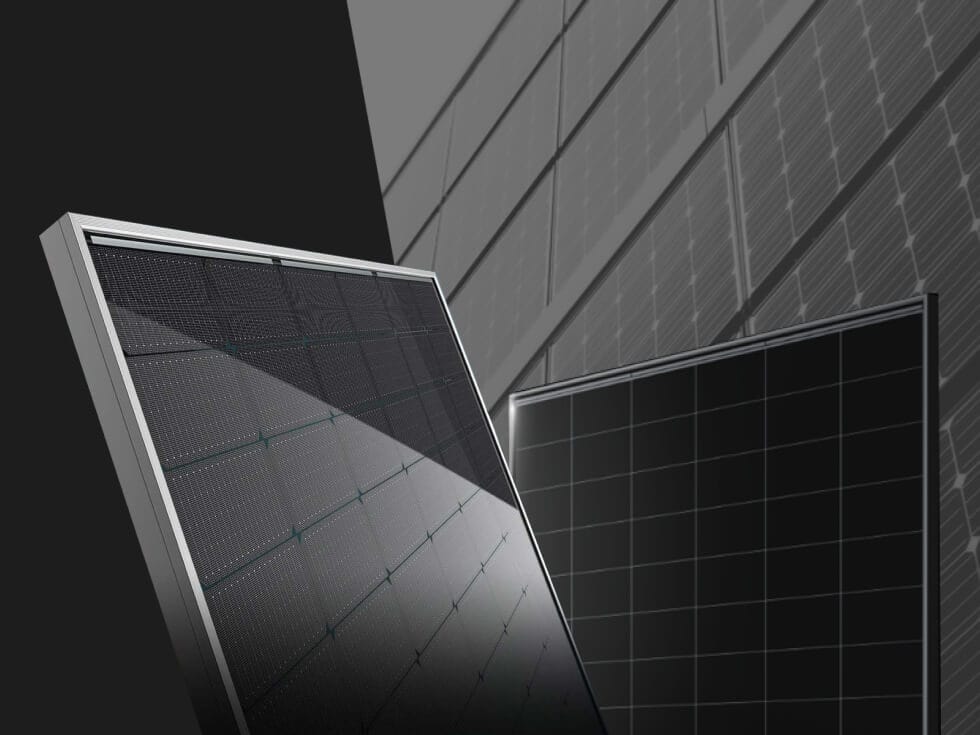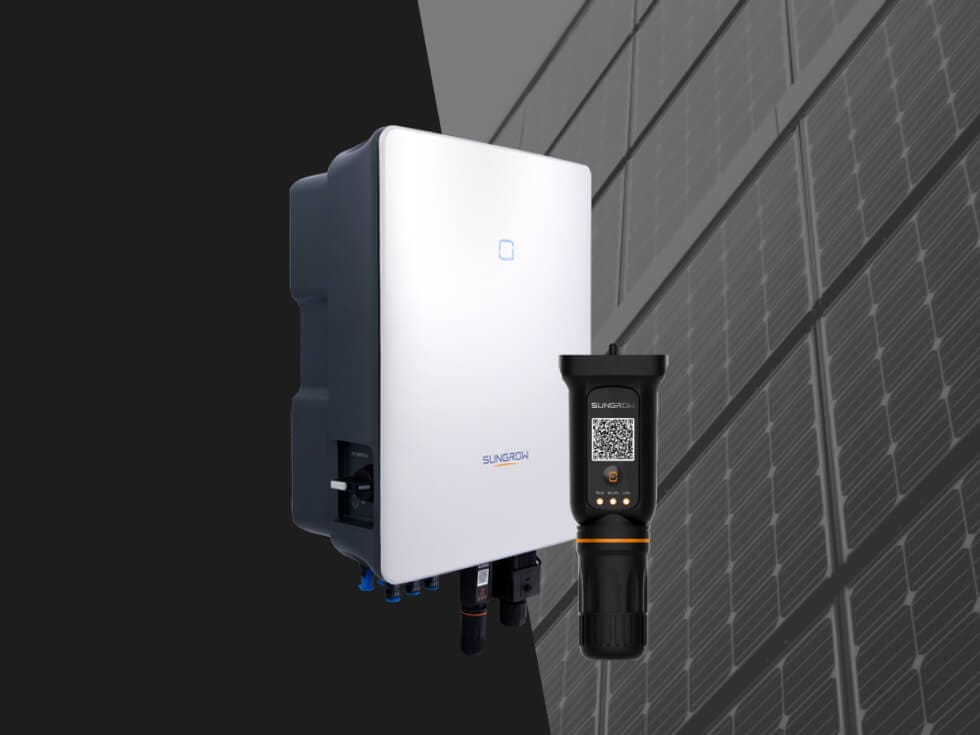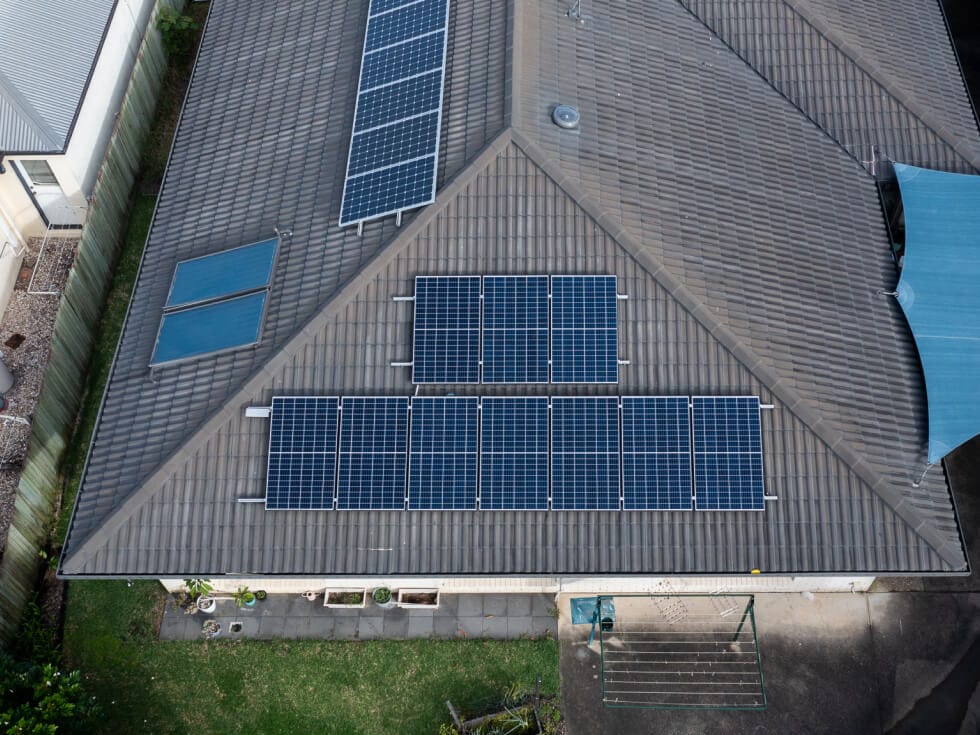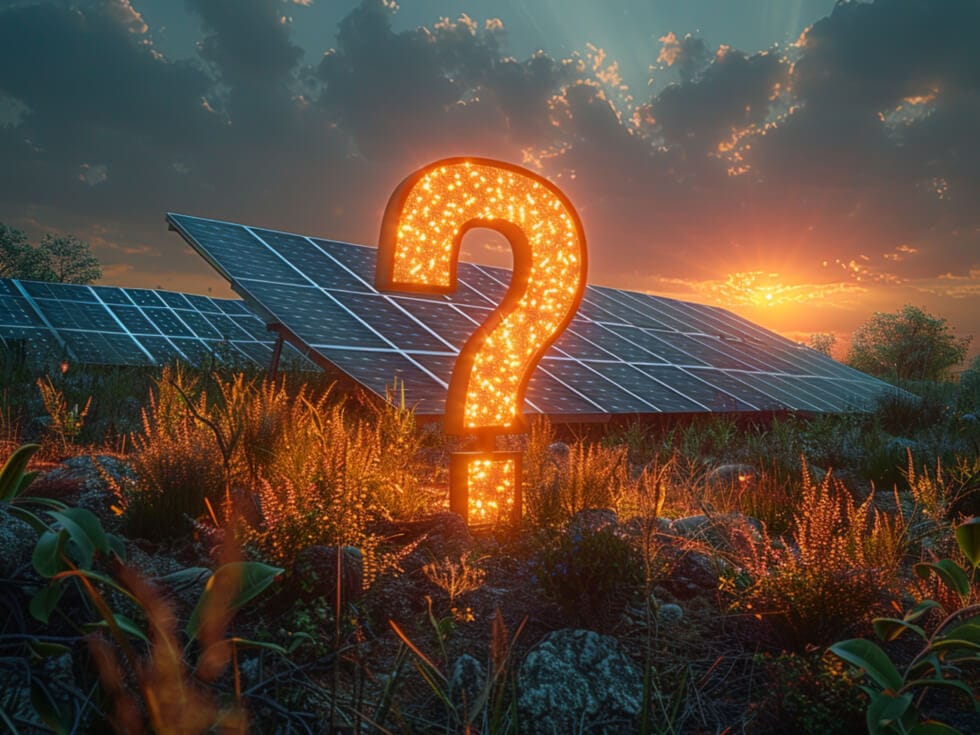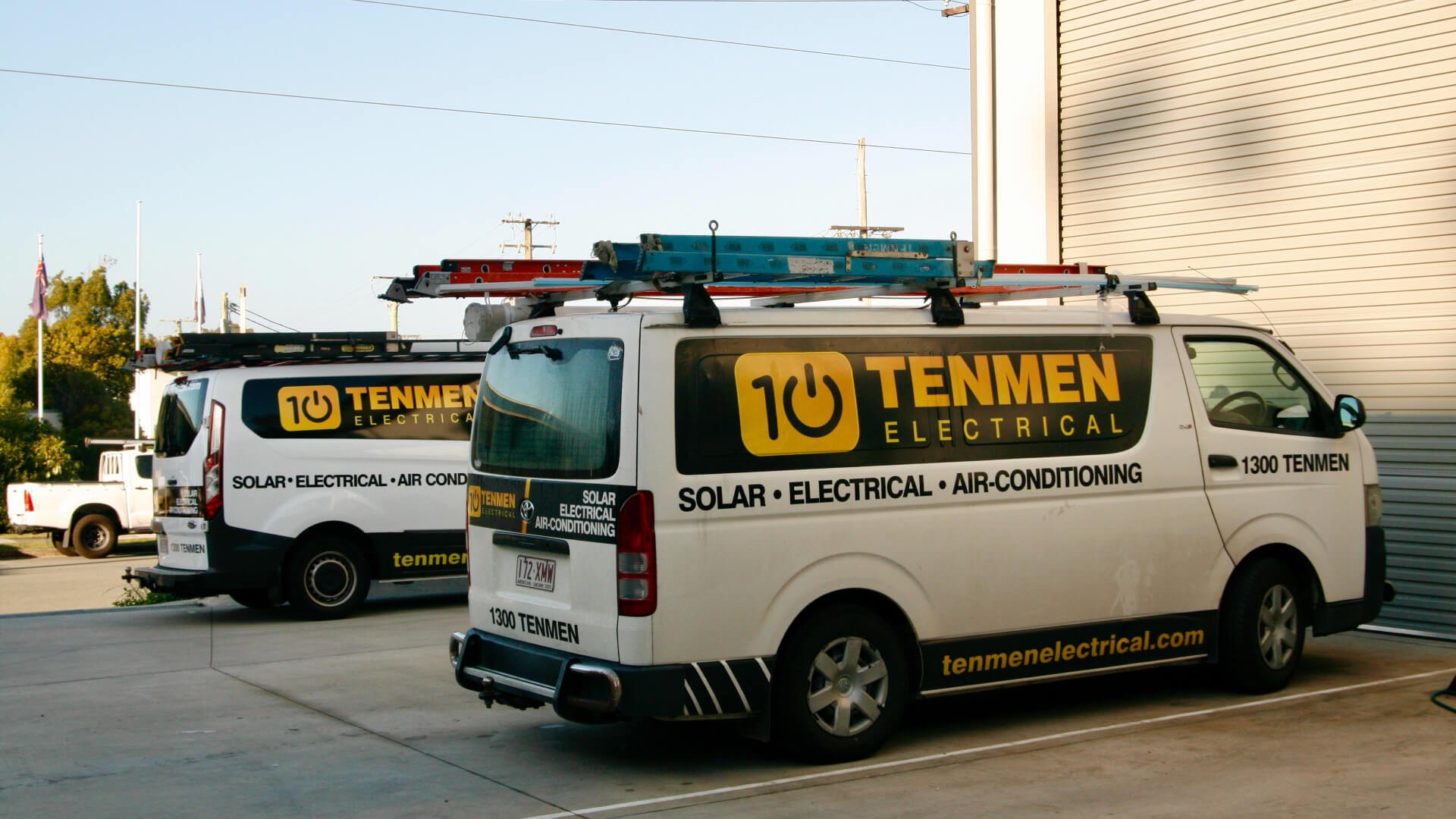Australia is one of the sunniest countries in the world, and with an average of 8.5 hours of sunshine per day, our nation’s solar energy potential is truly staggering. Yet, despite this abundance of natural resources, many homeowners are still hesitant to invest in solar panels, fearing the upfront costs might outweigh the long-term benefits. However, research suggests that residential solar installations can significantly increase property value, making it an investment worth considering.
As we navigate towards a more sustainable future, eco-friendly homes are becoming increasingly sought-after in the housing market. By harnessing the power of the sun through solar energy systems, homeowners can not only reduce their carbon footprint but also potentially reap financial rewards when it comes time to sell their property. In this comprehensive guide, we’ll explore the numerous benefits of solar panels, from reduced energy costs to the potential impact on home value, helping you make a decision about this renewable energy investment.
Key Takeaways
- Australia’s abundant sunshine makes it an ideal location for harnessing solar energy.
- Residential solar installations can increase property value, making them a smart investment.
- Solar panels offer environmental benefits by reducing carbon emissions and pollutants.
- Homeowners can save on energy costs and potentially earn income by selling excess electricity.
- Various financing options and government incentives make solar panel installations more accessible.
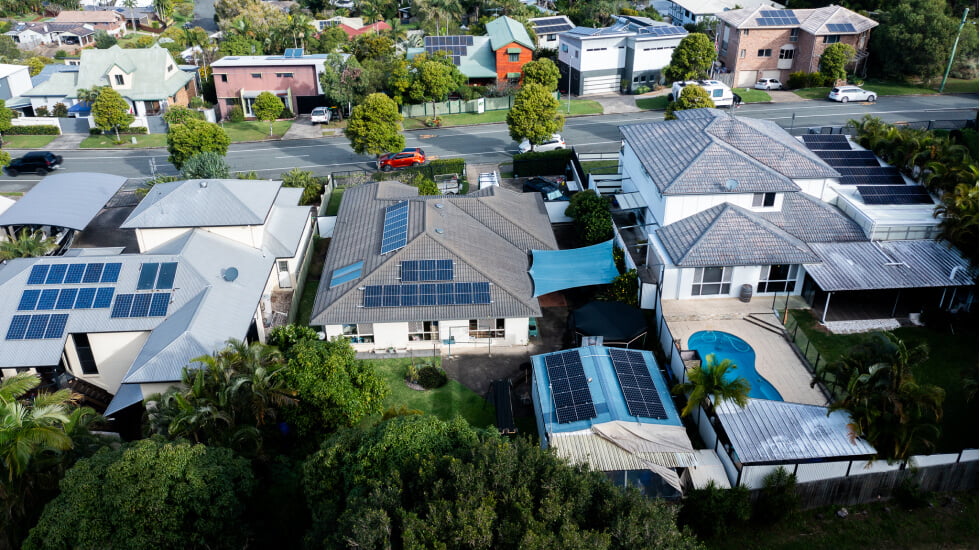
Introduction to Solar Panels and Their Impact on Home Value
As we strive towards a more sustainable future, one of the most promising solutions lies in harnessing the power of renewable energy sources like solar energy. Solar panels and residential solar installations offer homeowners an eco-friendly and cost-effective way to reduce their energy bills and carbon footprint, while potentially increasing the value of their properties.
Renewable Energy: A Sustainable Solution
Unlike fossil fuels, which have a finite supply and contribute to environmental degradation, solar energy is a renewable and inexhaustible resource. By investing in solar energy systems, we can embrace a more sustainable approach to meeting our energy needs without compromising the well-being of future generations.
Financial and Environmental Benefits
One of the most significant advantages of residential solar installations is their ability to reduce the need for electricity generated from fossil fuels, which are a major source of greenhouse gas emissions and other pollutants. By generating electricity from the sun’s rays, solar panels help reduce the environmental impact associated with traditional energy sources, contributing to a cleaner and healthier planet for all.
The adoption of solar energy systems can lead to cost savings through government incentives, tax credits, reduced utility costs, and in many cases, the ability to sell surplus electricity back to the grid. These financial benefits, combined with the environmental advantages, make solar panels an attractive investment for eco-friendly homeowners seeking to embrace sustainable living while potentially increasing the value of their properties.
Do Solar Panels Increase Property Value?
Numerous studies and industry surveys have consistently demonstrated that the installation of solar panels can significantly enhance a property’s resale value. This positive impact on home value is primarily attributed to the potential for substantial cost savings on monthly utility bills and the environmental advantages associated with solar energy systems.
Increased Property Value with Solar Installations
According to research findings, the resale value of a house with solar system installed increase by an average of 4% depending on factors such as the type, capacity and age of solar panel and the property’s geographical location.
Factors Influencing the Impact on Home Value
While the installation of solar panels can undoubtedly enhance a home’s market value, the extent of this impact is influenced by several key factors. These include the size and efficiency of the solar energy system, the local cost of electricity, the availability of green home renovations incentives and rebates, and the overall demand for eco-friendly properties in the area’s sustainable housing market.
Homes equipped with solar panels are often highly sought after by prospective buyers, not only for their potential to generate substantial property value impact but also for their contribution to environmental sustainability. Consequently, properties with solar installations tend to spend fewer days on the market compared to those without renewable energy systems.
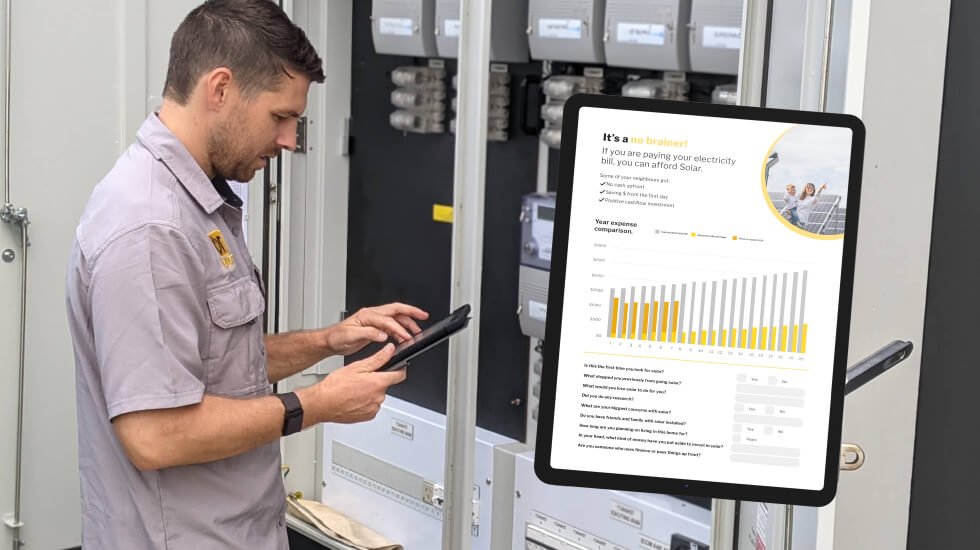
The Cost of Installing Solar Panels for Homeowners
Investing in a residential solar energy system can be a significant financial decision for Australian homeowners. While the upfront costs may seem substantial, the potential long-term savings and return on investment make solar panels an attractive option for eco-conscious and cost-savvy households.
Upfront and Long-Term Costs
The average upfront cost of installing a solar power system in an Australian home typically ranges from $3,000 to $15,000. This initial investment covers the cost of the solar panels themselves, labor and installation fees, permits, paperwork, dealer fees, and any other required equipment. It’s essential to consider that these upfront costs can vary depending on factors such as the size of the system, the type of solar panels chosen, and the complexity of the installation.
In addition to the upfront expenses, homeowners should also factor in potential long-term costs associated with maintaining their solar energy systems. While solar panels generally require minimal maintenance, occasional cleaning and monitoring of the system’s performance may be necessary to ensure optimal energy generation.
Potential Return on Investment
Despite the initial investment, homeowners who install solar panels can expect to see a substantial return on their investment over time. On average, Australian homeowners can anticipate a potential return on investment of around 10-20% when they invest in a solar power system. This return can manifest in the form of reduced electricity bills, as well as the ability to sell excess energy back to the grid in some cases, with ROI reaching an impressive 30% in some cases.
Furthermore, the value of a home equipped with solar panels is often higher compared to similar properties without renewable energy systems. This increased home value can provide an additional financial benefit when it comes time to sell the property, making solar panels a smart investment for both short-term and long-term savings.
| System Size | Average Upfront Cost | Approximate Annual Savings |
|---|---|---|
| 3kW | $2,990 – $5,490 | $700 – $1,200 |
| 5kW | $3,990 – $8,000 | $1,300 – $2,000 |
| 10kW | $9,900 – $14,300 | $2,100 – $4,000 |
The table illustrates the approximate upfront costs and potential annual savings for various residential solar panel system sizes in Australia. While the initial investment may seem significant, the long-term benefits and cost savings make solar energy systems a worthwhile consideration for many Australian homeowners. For a better idea of your potential savings, check out our solar calculator.
Factors to Consider Before Going Solar
Before deciding to install solar panels on your home, there are several important factors to consider. These include the suitability of your property for solar energy systems, the maintenance and upkeep requirements, and the availability of government incentives and rebates to offset the costs.
Suitability of Your Home for Solar Panels
The suitability of your home for residential solar installations depends on various factors. The age, size, and slope of your roof can impact the efficiency of the solar panels. Older roofs or those with complex angles may not be ideal for optimal sunlight exposure. Additionally, the amount of shade cast on your roof by nearby trees or buildings can significantly reduce the solar energy generation potential.
Your location’s sunlight exposure and the local cost of electricity are also crucial considerations. Areas with abundant sunlight and higher electricity rates make solar panels a more attractive investment, as they can generate substantial savings on your energy bills over time.
Maintenance and Upkeep Requirements
While solar energy systems are generally low-maintenance, some upkeep is required to ensure optimal performance. Monitoring the generation capacity and occasionally cleaning the panels to remove dirt, leaves, or bird droppings can help maintain efficiency. Most solar panel warranties cover a period of 20-25 years, but the systems may require repairs or replacements after that timeframe.
Government Incentives and Rebates
To encourage the adoption of eco-friendly homes and sustainable housing market practices, the Australian government offers several incentives and rebates for residential solar installations. The federal Small-Scale Technology Certificate (SCTC) scheme provides rebates on small-scale renewable energy generators, including solar panels and solar energy systems, until 2030.
Additionally, many state and local governments offer their own incentives and rebates to further reduce the upfront costs of installing solar panels on your home. These programs can significantly improve the return on investment and make solar an even more viable option for homeowners.
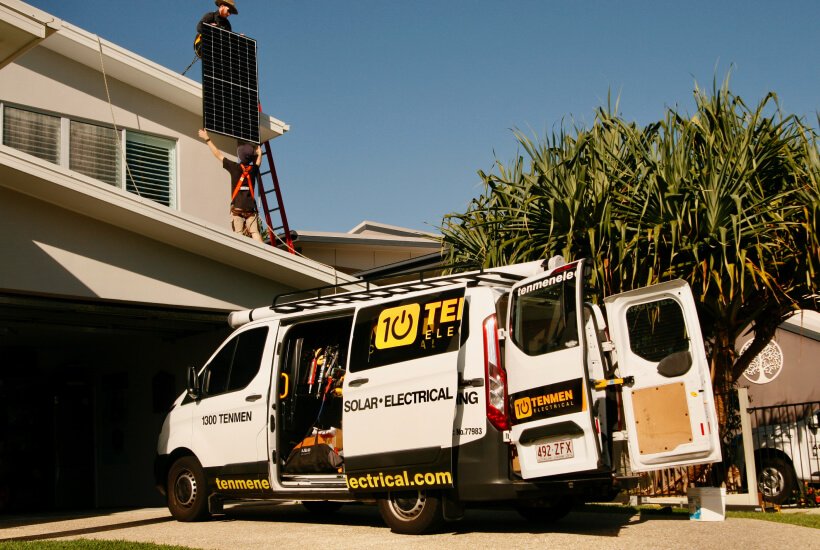
Solar Financing Options
As the demand for renewable energy investments and green home renovations continues to rise, homeowners in Australia have several financing options to consider when installing solar panels. The decision largely depends on individual preferences, financial circumstances, and long-term goals.
Cash Purchase
Purchasing a solar energy system outright through a cash payment is often the most cost-effective option in the long run. While the upfront expense can be substantial, homeowners can benefit from immediate savings on their utility bills and take advantage of government incentives and rebates. This approach eliminates the need for interest payments and provides full ownership of the system, potentially increasing home value.
Home Equity Loans or HELOCs
Homeowners can leverage the equity in their property to finance solar panel installations through home equity loans or home equity lines of credit (HELOCs). These options allow borrowers to access funds using their home as collateral, often at competitive interest rates. However, it’s crucial to consider the risks associated with securing a loan against one’s home.
Solar Power Purchase Agreements (PPAs) or Leasing
In a solar power purchase agreement (PPA) or lease arrangement, a third-party developer installs and owns the solar energy system on the homeowner’s property. The homeowner then pays a fixed rate for the electricity generated, typically lower than utility rates. This option requires little to no upfront costs but may limit the potential increase in home value and long-term savings compared to owning the system outright.
Several utility companies and government programs also offer financing options specifically for residential solar installations, further expanding the choices available to Australian homeowners seeking to embrace renewable energy and enhance their property’s value through sustainable investments.
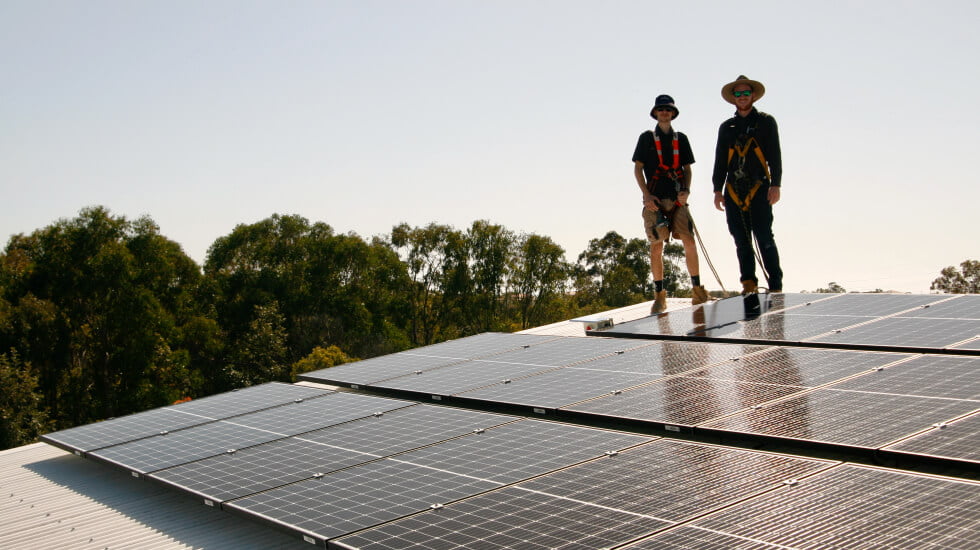
Types of Solar Panels and Systems
When it comes to residential solar installations, homeowners have several options for solar panels and systems. The two main types are silicon solar panels and thin-film solar panels, each with its own advantages and disadvantages. Additionally, the choice between a grid-connected or off-grid system plays a crucial role in determining the overall setup.
Silicon Solar Panels
Silicon solar panels, made of silicon semiconductors with photovoltaic cells, are the most common and widely used type of solar panels for rooftop photovoltaics. These panels have an efficiency range of 18-22%, making them highly effective in converting sunlight into electricity. Silicon solar panels can further be categorised into two types:
- Monocrystalline silicon solar panels: Made from a single, continuous crystal structure, these panels are typically more efficient but also more expensive.
- Polycrystalline silicon solar panels: Composed of multiple silicon crystals, these panels are slightly less efficient than monocrystalline but more cost-effective.
Thin-Film Solar Panels
Thin-film solar panels, commonly found on solar shingles or tiles, are a newer and more lightweight alternative to traditional silicon panels. These panels are made by depositing photovoltaic materials onto a solid surface, such as glass, plastic, or metal. While thin-film solar panels are cheaper to manufacture, they have a lower efficiency range of 11-13%, making them less suitable for residential solar installations where space is limited.
Grid-Connected vs. Off-Grid Systems
In addition to the type of solar panels, homeowners must also choose between a grid-connected or off-grid solar energy system. Grid-connected systems allow homeowners to sell excess energy generated by their solar panels back to the utility company, effectively reducing their overall electricity costs. These systems are connected to the local power grid and require little to no battery storage.
On the other hand, off-grid systems operate independently from the utility grid and rely on battery storage to store excess energy generated during the day for use at night or on cloudy days. These systems are typically more expensive due to the need for batteries and a backup generator, but they offer complete energy independence and are suitable for remote locations where grid connectivity is not available.
Incentives and Rebates for Solar Energy in Australia
Australia has implemented a range of incentives and rebates to encourage the adoption of solar energy systems and other renewable energy investments. These initiatives aim to make eco-friendly homes and green home renovations more accessible and affordable for homeowners across the nation.
Small-Scale Technology Certificate (SCTC) Scheme
The federal government’s Small-Scale Technology Certificate (SCTC) scheme offers rebates on small-scale renewable energy generators, including solar panels and solar energy systems, until 2030. The number of SCTCs received is based on the amount of power the system generates over its lifetime. Homeowners can trade their SCTCs with installers for an upfront discount, effectively reducing the initial cost of installing solar panels.
State and Local Incentives
In addition to the federal SCTC scheme, various state and local authorities across Australia provide incentives and rebates to encourage the adoption of solar energy systems. These initiatives may include feed-in tariffs, where homeowners can sell excess energy generated by their solar panels back to the grid, or direct rebates and subsidies to offset the upfront costs of installation.
For instance, the Queensland government offers the Small-Scale Green Energy Scheme (SRES), providing electronic rebates called Small-Scale Technology Certificates (STCs) to help households install solar battery systems.
It is essential for homeowners considering solar panels or solar energy systems to research the specific incentives and rebates available in their state or local area. These programs can significantly reduce the overall cost of renewable energy investments, making them more financially viable, decreasing the payback time, and consequently increasing the return on investment.
In Closing
As we conclude our exploration of solar panels and home value, it is evident that harnessing the power of renewable energy investments through residential solar installations can yield significant benefits for Australian homeowners. While the upfront costs can be significant, the long-term savings on energy bills, coupled with the potential for increased property value, make solar energy systems a worthwhile consideration.Beyond the financial advantages, embracing eco-friendly homes and rooftop solar systems is a responsible choice for our environment. By reducing our reliance on non-renewable sources, we contribute to a sustainable housing market and a greener future for generations to come. Energy efficiency upgrades like solar panels not only lower our carbon footprint but also position our properties as desirable investments in an increasingly environmentally conscious market.

